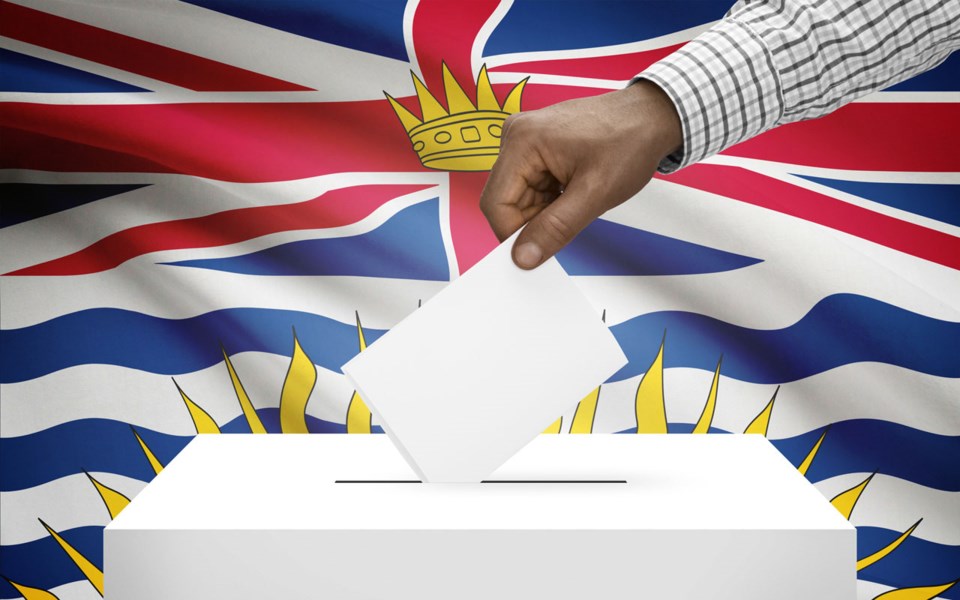Does anyone else feel like they are between a rock and hard place voting in the provincial election on Oct. 24?
The Sea to Sky’s incumbent Liberal candidate Jordan Sturdy is well liked, well respected and many would argue has done a great job for his constituents.
From helping keep the Resort Municipality Initiative funding front and centre from the “opposition” bench to lobbying for Sea to Sky transportation, many believe he works hard and with integrity to support the issues of importance to our area.
But in many ways, this election is not just about voting for a local candidate. It is about using our vote to send a message about the issues that matter most to us now and for the next several years—and if corridor conversations are to be taken to heart, climate change and environmental concerns are second only to dealing with the COVID-19 pandemic in our community.
At last week’s all-candidates debate, it was clear that many in the audience were looking for meaningful movement on environmental issues as well as changes to help families get ahead, such as affordable childcare. There was also heightened awareness around how we are dealing with the heavy toll that mental-health challenges are taking on ourselves, our neighbours and our community.
Many voters are no doubt still smarting over the NDP doing an about-face on the Site C dam. When the NDP was voted in in 2017 with a minority, with the B.C. Green Party holding the balance of power, there was a general understanding that the Site C dam project would be scrapped. But then-newly elected Premier John Horgan, after ordering a review of the multi-billion-dollar project, said it would go ahead.
However, since then, geotechnical issues have come to light, which have still not been adequately addressed, and the budget now looks to be closer to $14 billion. (All of this an aside to objections raised by First Nations and environmentalists over the dam as well.) Last week, a group of 18 prominent British Columbians released a statement urging the government to reconsider continuing with the project. They included former BC Hydro president and CEO Marc Eliesen, former ICBC CEO Robyn Allan, the Union of BC Indian Chiefs’ Grand Chief Stewart Phillip, and Harry Swain, who chaired the Site C Joint Review Panel that completed its work in 2014.
While it is true that this will not be an issue that is a make or break for the election, it is disturbing that voters will not learn of the real cost of the Site C dam until the dust has settled and the NDP are likely back in power with a majority (at least that is what all the current polls are predicting at press time).
Personally, I feel that coalition governments can be very effective and often are more accountable—there are examples of this all over the world. Over the last three-plus years here in B.C., we have seen movement on environmental issues in good part because of the partnership between the NDP and the Greens. Green parties exist in nearly 90 countries around the world and in several have had lead roles in government including Germany, Sweden and Finland. Even Labour’s Jacinda Ardern, who won a landslide victory in New Zealand this week, is considering asking other parties, including the Greens, to form a coalition to govern.
With only a couple days to go until we vote, it is pointless now to focus on whether an election should have been called at all during a pandemic.
Now is the time to consider what the three candidates (Keith Murdoch for the NDP and Jeremy Valeriote for the Greens joining Sturdy in the election) have said over the last month about what they can bring to the table for Whistler—a tourist resort reeling from the impacts of COVID-19 that has consistently been the tourism engine of B.C., and on the frontlines of pushing for environmental change.
Do they have something to offer us? Are they thinking outside the box, or was all you heard their party’s platform dressed up for election day?
Choose wisely.




